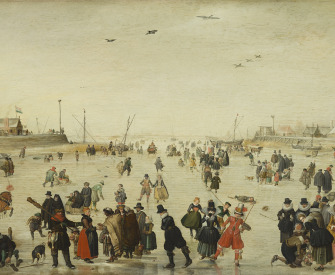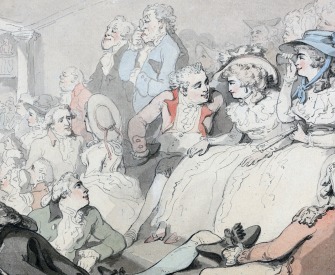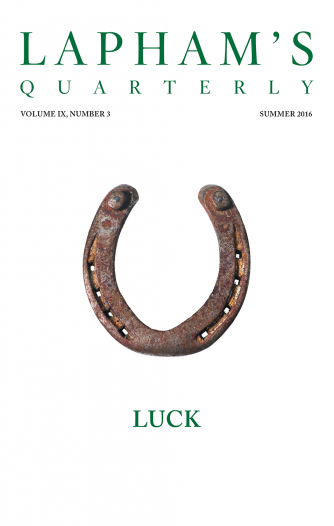Variable and therefore miserable condition of man! This minute I was well, and am ill this minute.
I am surprised with a sudden change and alteration to worse, and can impute it to no cause, nor call it by any name. We study health, and we deliberate upon our meats and drink and air and exercises, and we hew and we polish every stone that goes to that building—and so our health is a long and a regular work, but in a minute a cannon batters all, overthrows all, demolishes all. A sickness unprevented for all our diligence, unsuspected for all our curiosity—nay, undeserved, if we consider only disorder—summons us, seizes us, possesses us, destroys us in an instant. O miserable condition of man! which was not imprinted by God, who, as he is immortal himself, had put a coal, a beam of immortality into us, which we might have blown into a flame, but blew it out by our first sin. We beggared ourselves by hearkening after false riches and infatuated ourselves by hearkening after false knowledge. So that now we do not only die, but die upon the rack, die by the torment of sickness—nor that only, but are pre-afflicted, superafflicted with these jealousies and suspicions and apprehensions of sickness before we can call it a sickness. We are not sure we are ill; one hand asks the other by the pulse, and our eye asks our own urine how we do. Is he a world to himself only therefore, that he hath enough in himself not only to destroy and execute himself but to presage that execution upon himself—to assist the sickness, to antedate the sickness, to make the sickness the more irremediable by sad apprehensions, and—as if he would make a fire the more vehement by sprinkling water upon the coals—so to wrap a hot fever in cold melancholy, lest the fever alone should not destroy fast enough without this contribution, nor perfect the work (which is destruction) except we joined an artificial sickness of our own melancholy, to our natural, our unnatural fever. O perplexed discomposition, O riddling distemper, O miserable condition of man!
From Devotions. After Donne’s secret marriage to the sixteen-year-old niece of his employer’s second wife was discovered in 1602, he was briefly jailed, his hopes for a career in public service dashed. Donne wrote poetry during more than a decade of penury, before being ordained an Anglican priest in 1615. Appointed dean of St. Paul’s Cathedral in 1621, he became renowned for his eloquent sermons.
Back to Issue



